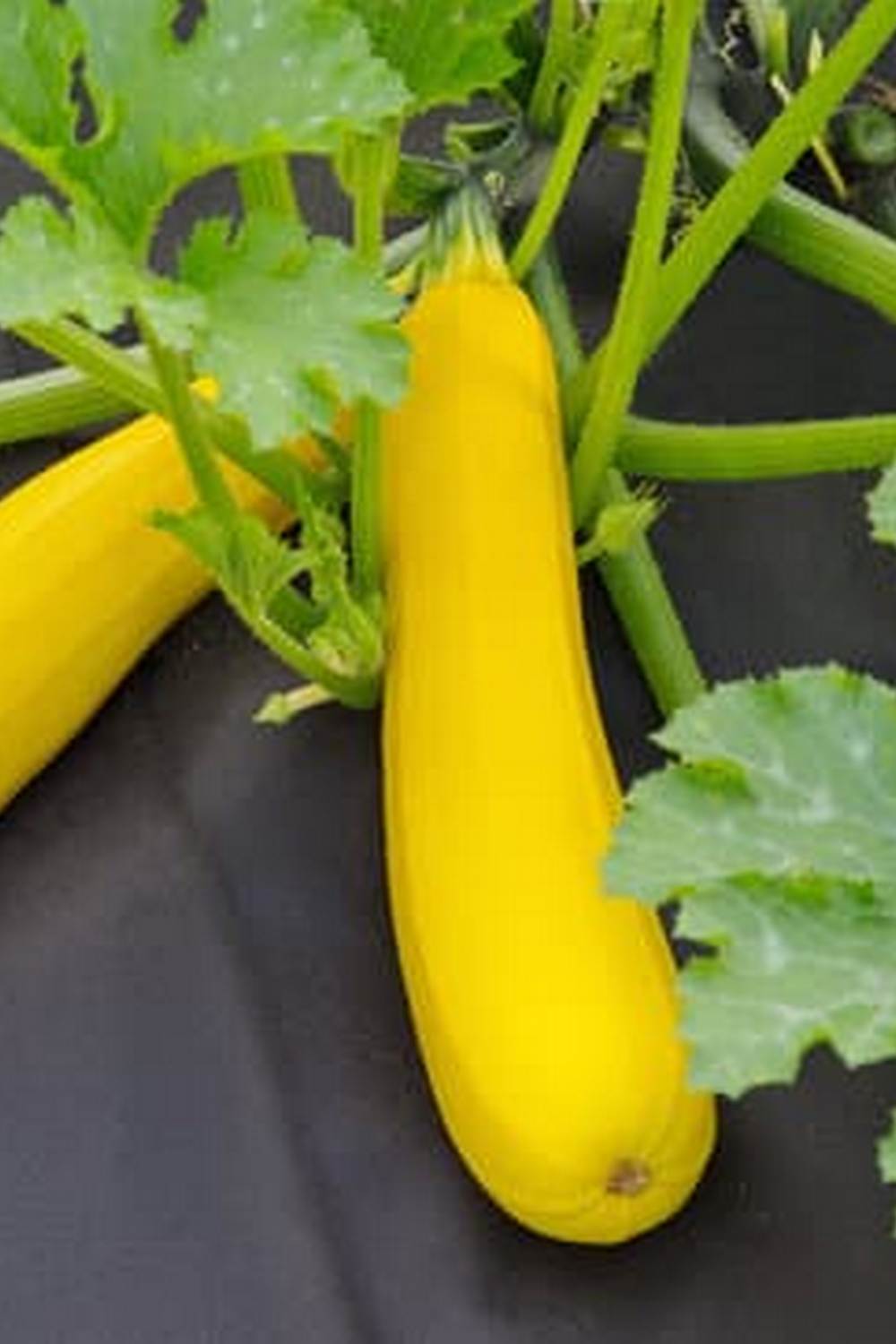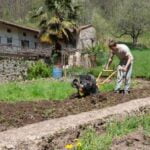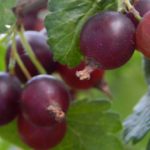Can reclaimed water be used for vegetable gardens? Reclaimed water, which undergoes treatment to remove contaminants and make it safe for various uses, including agriculture, holds the potential to benefit vegetable gardens in numerous ways. By understanding what reclaimed water is and how it is treated to ensure safety, gardeners can explore a sustainable and resource-efficient option for irrigating their plants.
Reclaimed water refers to wastewater that has been treated to remove impurities and pollutants, making it suitable for non-potable purposes like irrigation. The process involves advanced treatment methods that effectively neutralize harmful substances, providing a valuable resource for sustainable water management. For vegetable gardens specifically, utilizing reclaimed water can not only reduce water waste but also promote environmental sustainability by conserving freshwater resources.
The benefits of using reclaimed water in vegetable gardens extend beyond just conserving water. By incorporating this alternative water source into gardening practices, individuals can contribute to reducing the strain on potable water supplies while fostering eco-friendly habits. Additionally, the use of reclaimed water can help enhance soil health by replenishing essential nutrients and supporting plant growth without relying solely on traditional irrigation methods.
Understanding Reclaimed Water
Reclaimed water, also known as recycled water or non-potable water, is wastewater that has undergone a treatment process to remove impurities and contaminants, making it suitable for various non-drinking purposes, including irrigation in agriculture. This innovative approach to water reuse helps address the growing concerns of water scarcity and promotes sustainability within communities.
When it comes to vegetable gardens, reclaimed water can be a valuable resource for providing essential moisture to plants while conserving freshwater supplies for other uses.
How Is Reclaimed Water Treated?
Reclaimed water goes through an extensive treatment process before it is deemed safe for use in agriculture. The treatment typically involves several stages, such as filtration, disinfection, and advanced oxidation processes, to remove pathogens, chemicals, and pollutants from the wastewater. Additionally, some facilities may implement additional steps like reverse osmosis or UV disinfection to ensure the quality of reclaimed water meets stringent standards set by regulatory agencies.
The Importance of Quality Testing
Ensuring the quality of reclaimed water is crucial before using it in vegetable gardens. Regular testing and monitoring are essential to verify that the treated wastewater meets all applicable safety guidelines and regulations.
This includes evaluating parameters such as pH levels, nutrient content, microbial counts, and any potential contaminants that can reclaimed water be use for vegetable gardens By conducting thorough quality control measures, gardeners can have confidence in the effectiveness and safety of using reclaimed water for irrigation purposes.
Benefits of Using Reclaimed Water
Reclaimed water, also known as treated wastewater, is a valuable resource that can provide numerous benefits when used for vegetable gardens. By utilizing reclaimed water, gardeners can play a role in conserving precious freshwater resources and promoting sustainability in agriculture. Here are some key advantages of using reclaimed water for vegetable gardens:
- Reducing Water Waste: Reclaimed water helps minimize the strain on freshwater sources by providing an alternative water supply for irrigation purposes. Instead of relying solely on potable water, which is often limited and in high demand, gardeners can use treated wastewater to effectively nourish their vegetable plants.
- Promoting Sustainability: Incorporating reclaimed water into vegetable gardening practices supports the principles of sustainability by reducing reliance on finite resources. By embracing recycled water, gardeners contribute to environmental conservation efforts and reduce the overall carbon footprint associated with traditional agricultural practices.
- Improving Soil Health: Reclaimed water contains essential nutrients that can benefit soil fertility and plant growth. When applied appropriately, treated wastewater can enrich the soil with beneficial minerals and organic matter, leading to healthier and more robust vegetable crops.
Despite these compelling advantages, it is crucial to address any potential risks or concerns associated with using reclaimed water for vegetable gardens. While reclaimed water undergoes rigorous treatment processes to meet safety standards, there is always a possibility of contaminants or nutrient imbalances that may affect plant health. It is essential for gardeners to adhere to regulations and guidelines set by authorities regarding the use of reclaimed water in agriculture to mitigate any risks effectively.
By following best practices for using reclaimed water in vegetable gardens – such as monitoring nutrient levels, implementing proper irrigation techniques, and regularly testing the quality of the recycled water – gardeners can ensure optimal plant growth while minimizing any potential negative effects. With careful consideration and responsible management, reclaimed water can be a valuable resource for cultivating thriving and sustainable vegetable gardens that benefit both the environment and food production systems.
Potential Risks and Concerns
Using reclaimed water for vegetable gardens can be a sustainable and environmentally-friendly practice, but it is essential to understand the potential risks and concerns associated with this practice. One of the primary concerns when using reclaimed water is the presence of contaminants that may affect the quality of the crops grown in vegetable gardens.
Contaminants such as heavy metals, pathogens, and chemicals can be present in reclaimed water and pose a risk to both plant health and human health if not properly managed.
Contaminant Removal Processes
To address the issue of contaminants in reclaimed water used for vegetable gardens, various treatment processes are implemented to remove or reduce the levels of harmful substances. These processes may include filtration, chemical disinfection, ultraviolet treatment, and reverse osmosis. By effectively treating reclaimed water before use in vegetable gardens, the risk of contamination can be significantly minimized.
Nutrient Imbalance
Another concern when using reclaimed water for vegetable gardens is the potential for nutrient imbalance in the soil. Reclaimed water may contain high levels of certain nutrients such as nitrogen and phosphorus, which can lead to over-fertilization and nutrient imbalances in plants. To prevent nutrient imbalances, it is crucial to monitor soil composition regularly and adjust fertilization practices accordingly when using reclaimed water for irrigation purposes.
By addressing these potential risks and concerns associated with using reclaimed water in vegetable gardens through proper treatment processes and careful monitoring, gardeners
Regulations and Guidelines
When it comes to using reclaimed water for vegetable gardens, there are important regulations and guidelines set by authorities to ensure the safety and effectiveness of this practice. These regulations are in place to protect both the environment and public health while promoting sustainable water use in agriculture. It is crucial for gardeners and farmers to adhere to these guidelines to minimize any risks associated with using reclaimed water.
To comply with regulations and guidelines when using reclaimed water for vegetable gardens, here are some key points to keep in mind:
- Check local regulations: Before using reclaimed water, ensure that you are familiar with the specific regulations set by local authorities regarding its use in agriculture.
- Water quality testing: Regularly test the quality of reclaimed water to monitor levels of contaminants and ensure that it meets safety standards for irrigation.
- Follow application rates: Adhere to recommended application rates to prevent over-irrigation and minimize the risk of nutrient leaching or soil saturation.
By following these regulations and guidelines, gardeners can safely utilize reclaimed water for their vegetable gardens while promoting sustainability and conservation of freshwater resources. It is essential to stay informed about any updates or changes in regulations related to reclaimed water use to maintain the integrity of vegetable crops and protect surrounding ecosystems from potential harm.
Overall, utilizing reclaimed water in compliance with set regulations not only benefits vegetable gardens but also contributes to a more sustainable agricultural system. Through responsible management practices and adherence to guidelines, gardeners can reclaim water be use for vegetable gardens effectively without compromising the safety or quality of their produce.
Best Practices for Using Reclaimed Water
Reclaimed water, which refers to treated wastewater that can be reused for various purposes, including irrigation in agriculture, can be a beneficial resource for vegetable gardens. One of the key advantages of using reclaimed water is its ability to reduce water waste and promote sustainability in gardening practices. By utilizing reclaimed water instead of freshwater sources, vegetable gardeners can contribute to conserving precious water resources and minimizing their environmental impact.
To ensure the safe and effective use of reclaimed water in vegetable gardens, it is essential to understand how this water source is treated before being used for irrigation. Reclaimed water undergoes advanced treatment processes that remove impurities and pathogens, making it suitable for agricultural applications. Additionally, monitoring programs are typically in place to regularly test the quality of reclaimed water to ensure it meets regulatory standards for irrigation.
While there are clear benefits to using reclaimed water in vegetable gardens, it is crucial to address potential risks and concerns associated with its use. Contaminants or nutrient imbalances in reclaimed water can impact plant health and soil quality if not properly managed. Therefore, vegetable gardeners should follow best practices and guidelines for using reclaimed water, such as testing the soil regularly, adjusting fertilization levels accordingly, and adhering to established regulations on reclaimed water usage in agriculture.
| Benefit | Information |
|---|---|
| Water Conservation | Using reclaimed water reduces water waste and promotes sustainability. |
| Treatment Process | Reclaimed water undergoes advanced treatment processes to make it safe for agricultural use. |
| Risks | Potential contaminants or nutrient imbalances in reclaimed water may affect plant health. |
Case Studies
Reclaimed water, also known as recycled water, is treated wastewater that can be reused for a variety of purposes, including irrigation in agriculture. One of the main potential benefits of using reclaimed water for vegetable gardens is its contribution to sustainability. By utilizing treated wastewater for irrigation purposes, not only can we reduce the demand on freshwater sources but also prevent nutrient and water waste. This sustainable practice aligns with the principles of environmental conservation and efficient resource management.
Using reclaimed water for vegetable gardens involves a thorough treatment process to ensure its safety and quality. The treatment typically includes filtration, disinfection, and other advanced processes to remove contaminants and pathogens from the wastewater.
Additionally, regulations require monitoring and testing to guarantee that the reclaimed water meets specific standards before being used in agriculture. When these procedures are followed diligently, reclaimed water can be used for vegetable gardens effectively without posing risks to plant health or human consumption.
In order to showcase the successful application of reclaimed water in vegetable gardens, case studies serve as valuable examples. These real-life scenarios demonstrate how utilizing treated wastewater for irrigation has resulted in thriving vegetable crops while promoting environmental sustainability. By highlighting these success stories, gardeners and farmers can gain insight into the practical implementation of reclaimed water practices and draw inspiration from experiences that validate its effectiveness in supporting healthy plant growth.
| Benefits of Using Reclaimed Water for Vegetable Gardens | Understanding Reclaimed Water Treatment Process |
|---|---|
| Reduces demand on freshwater sources | Involves filtration, disinfection, and monitoring |
| Prevents nutrient and water waste | Ensures safety and quality standards are met |
Conclusion
In conclusion, the use of reclaimed water for vegetable gardens presents numerous benefits and opportunities for sustainable agriculture. By understanding what reclaimed water is and how it is treated to ensure its safety for agricultural use, gardeners can take advantage of this alternative water source to promote water conservation and reduce waste.
The potential risks associated with using reclaimed water in vegetable gardens can be effectively managed by adhering to regulations and guidelines set by authorities, ensuring that the water meets safety standards.
Furthermore, incorporating best practices for using reclaimed water in vegetable gardens, such as proper irrigation techniques and soil testing, can help maximize its benefits while minimizing any potential drawbacks. Through case studies showcasing successful examples of vegetable gardens thriving with reclaimed water, it is clear that this alternative water source can play a crucial role in promoting sustainability and environmental stewardship in agriculture.
Overall, the potential of reclaimed water as a sustainable solution for vegetable gardens is significant. By embracing this innovative approach to irrigation, gardeners can contribute to conserving precious freshwater resources while cultivating healthy and thriving crops. With proper understanding, management, and adherence to regulations, reclaimed water can indeed be effectively used for vegetable gardens, demonstrating its value as a valuable resource in sustainable agriculture.
Frequently Asked Questions
Can You Grow Vegetables With Reclaimed Water?
Yes, it is possible to grow vegetables with reclaimed water. Reclaimed water can be treated and filtered to meet agricultural irrigation standards, making it safe for watering crops. Many areas utilize reclaimed water for farming to conserve freshwater resources.
Can You Eat Food Watered With Reclaimed Water?
Consuming food that has been watered with reclaimed water is generally safe, as long as the reclaimed water meets quality regulations for agricultural use. Proper treatment methods ensure that any contaminants are removed before reaching the plants, reducing potential health risks.
Does Recycled Water Affect Plant Growth?
Recycled water can actually benefit plant growth due to its nutrient content. Nutrients like nitrogen, potassium, and phosphorus are naturally occurring in wastewater and can promote healthy plant growth when properly treated and applied in controlled amounts. Additionally, using recycled water for irrigation can reduce the need for chemical fertilizers.

If you’re looking to get into vegetable gardening, or are just looking for some tips on how to make your current garden better, then you’ve come to the right place! My name is Ethel and I have been gardening for years. In this blog, I’m going to share with you some of my best tips on how to create a successful vegetable garden.





